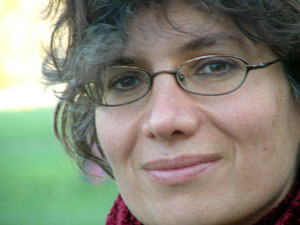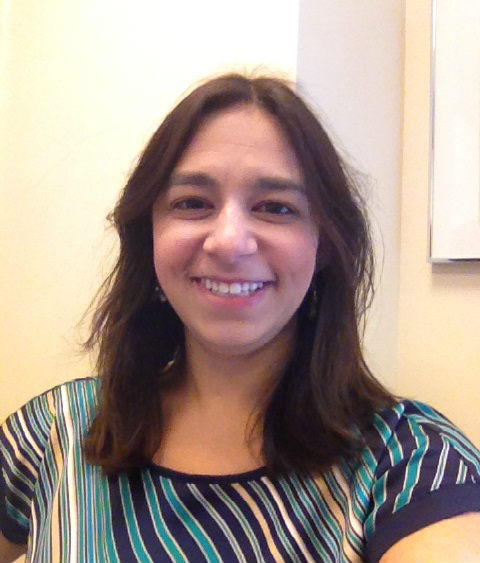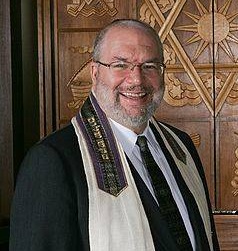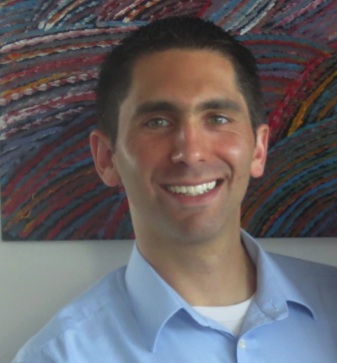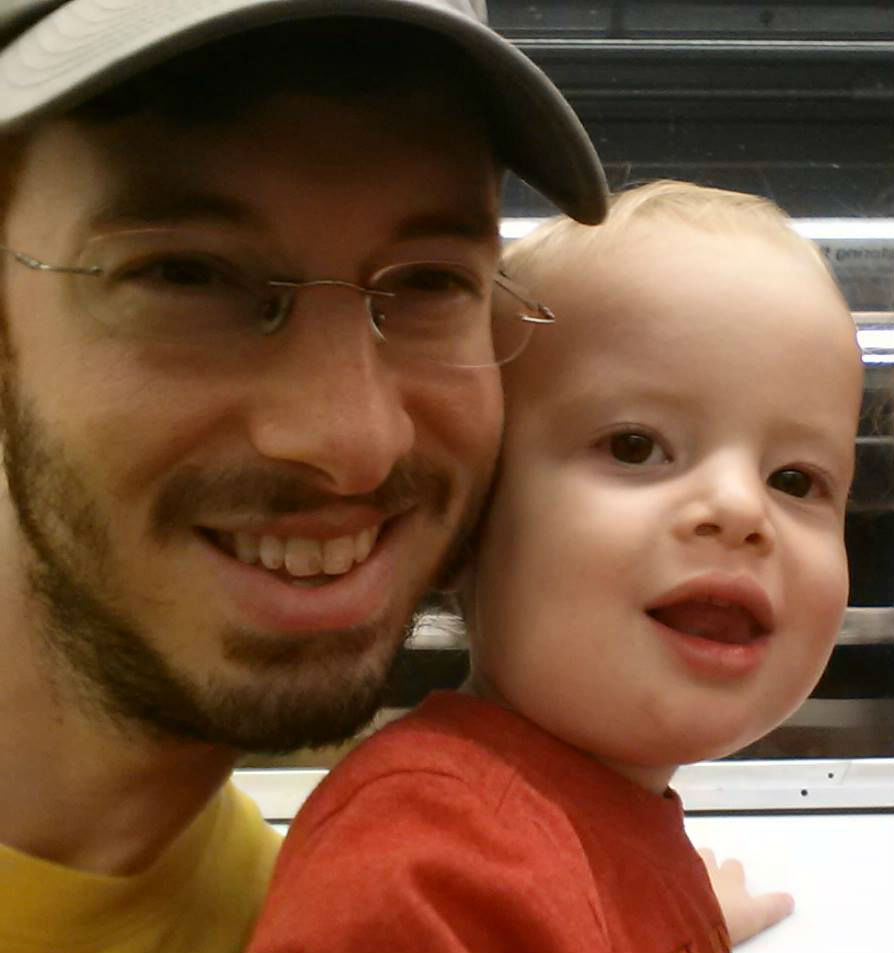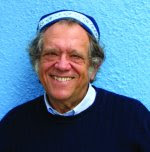
The Other Side of Shmita
In Hebrew there is an etymological connection between the words “peace” and “pay”. The root of each, shin lamed mem, has lent merit to the quip that “if it is not paid for there is no peace.” One cannot be shalem/whole or complete if one is in debt. Over the years I have certainly felt...
read more

